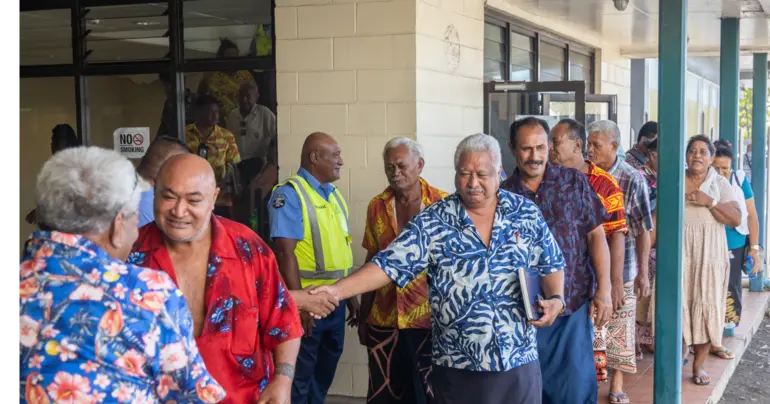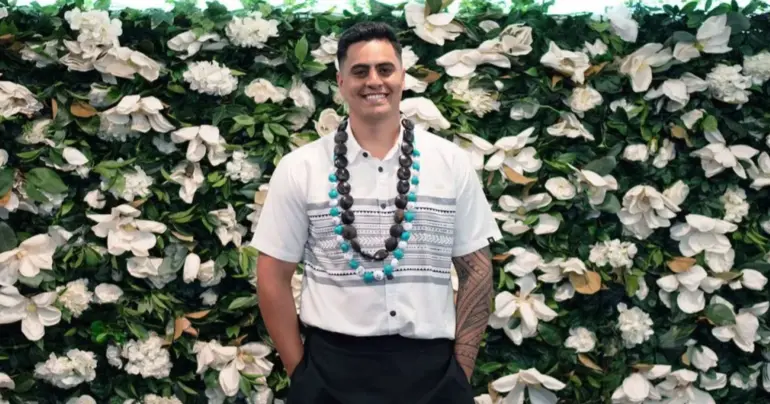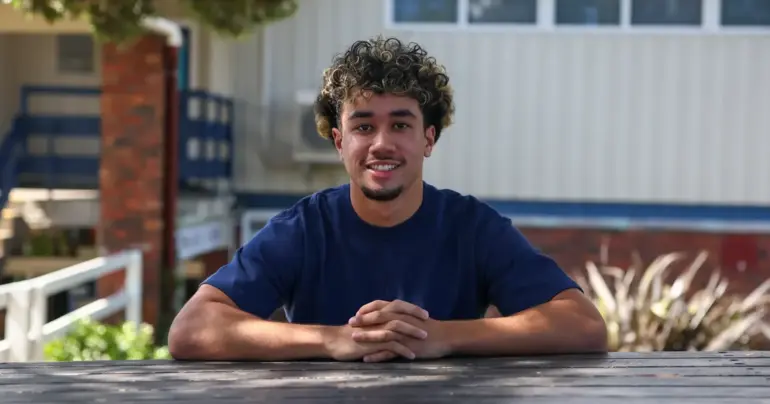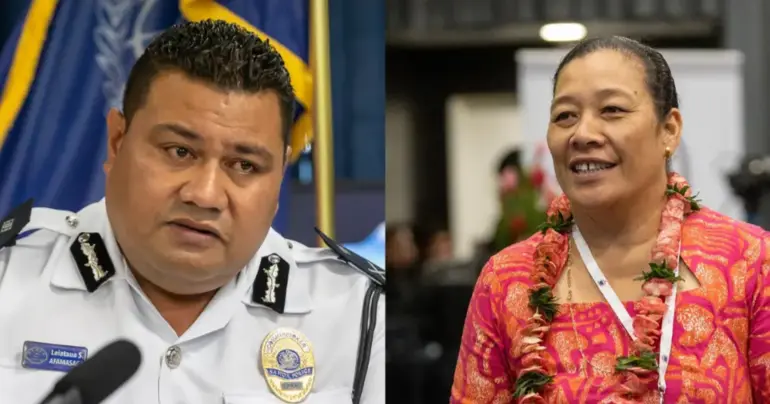Coverage of Samoa's election in N.Z. under scrutiny
 By Sapeer Mayron
•
18 April 2021, 11:00PM
By Sapeer Mayron
•
18 April 2021, 11:00PM
Radio New Zealand has highlighted a lack of coverage on last week’s historic election among New Zealand’s mainstream media, saying it reflects structural problems that need addressing.
Mediwatch’s Hayden Donnell has reported twice in the last week about how New Zealand’s mainstream media skipped over Samoa’s election despite all the reasons to give it attention.
With a new party, Faatuatua i le Atua Samoa ua Tasi (F.A.S.T.) pushing the Human Rights Protection Party (H.R.P.P.) out of its dominant majority it has become accustomed too, the election results have been called unprecedented.
Mr. Donnell said Radio New Zealand, and specifically its Pacific programme, was the only site giving the election any timely coverage, and TVNZ’s Breakfast programme discussed it on Friday but that from the two major sites Stuff and the New Zealand Herald, there was very little airtime given until Sunday.
On Monday morning, Toleafoa John Campbell interviewed Fiame Naomi Mata’afa for TVNZ Breakfast, and online website The Spinoff featured the election heavily in its daily newsletter The Bulletin.
“That absence of information was more glaring just given the deluge of stories about Prince Philip,” he said on the RNZ Mediawatch programme, being interviewed by Susana Leiataua.
“It was also pretty questionable, just given the historic nature of the Samoan election. F.A.S.T. has only existed for a year and finished in a dead heat with HRPP, which has been in power for more than 20 years, so it’s a very significant election.
“And even more so, because F.A.S.T. leader Fiame Naomi Mata’afa could become the country’s first female Prime Minister.”
He said while he doesn’t typically like to compare story coverage in this way, the disparity in attention between the election coverage, and the death of Prince Philip, is worth drawing attention to.
It showed that New Zealand’s media clearly thought the royal death was more worthy of reporting on than the Samoan election.
“It really does reveal some interesting things about the New Zealand media ecosystem and some real structural problems, I think, that are worth exploring.
“It could speak to a lack of diversity in our newsrooms. This is a well-established problem and one newsrooms have been trying to address to an extent but we talk about the absence of Maori voices in newsrooms, that probably more pronounced for Pasifika representation.”
Perhaps it is too much to expect newsrooms to connect to the Samoan election if they are not connected to the local Samoan community, Mr. Donnell suggested.
“It could also reveal a conscious or subconscious bias in who media organisations see as their audience,” he continued.
“It’s not like there is no audience for news about Samoa in New Zealand. There are 120,000 people who identify as Samoan in Auckland alone.
“It’s more likely that many of our mainstream media organisations just don’t have a deep connection to those audiences and therefore don’t see them as a big part of their sales pitch.
“It’s not like it’s a story that is so niche and only relevant to them, but it’s not treated that way.”
He said the “deluge” in media coverage of the Prince’s death made sense because his illness would have caused media to prepare a lot of content in advance that filled in bulletins over the weekend.
But the Samoan election had also been a long time coming, with a date set a long time ago and the tensions between the old and new parties clear to observers for just as long.
“There wasn’t a lot of planning for that event and it wasn’t like it came out of thin air that it was a thin contest.”
The fact that Samoa was once a New Zealand colony and that there is a close relationship between the two today was also highlighted.
Speaking to Mediawatch, Pacific Studies lecturer from the University of Auckland, Seuta'afili Dr. Patrick Thomsen said the lack of coverage reflects the relationship between Pacific communities and the mainstream media outlets.
“As a country, we have to think about how we can bring in other communities, not just have them represented through the one or two people you throw into the newsroom to represent the Pacific, but also how we as a society value diversity and diverse perspectives.
“The only people who are covering our communities are ourselves so that begs the question around who do we value in this country,” Seuta'afili said.
“I think our communities have disengaged with a lot of these mainstream publications.”
Asked about the coverage of Prince Philip’s death, Seuta’afili said when the Prime Minister of New Zealand Jacinda Ardern made a point of offering her condolences on his death but did not make time to offer a statement on the election, it spoke volumes.
“Ignoring the Samoan election is also an expression of New Zealand’s Samoan history because it was a dominated territory that once belonged to New Zealand’s many Pacific empires.
“Why would this country, New Zealand, which is a more powerful country in relation to Samoa […], why should we care what’s happening there?”
He said Samoa’s election was a coming of age of democracy and of party politics for the country and was an elegant juxtaposition to the Prince’s death.
Tags
 By Sapeer Mayron
•
18 April 2021, 11:00PM
By Sapeer Mayron
•
18 April 2021, 11:00PM











